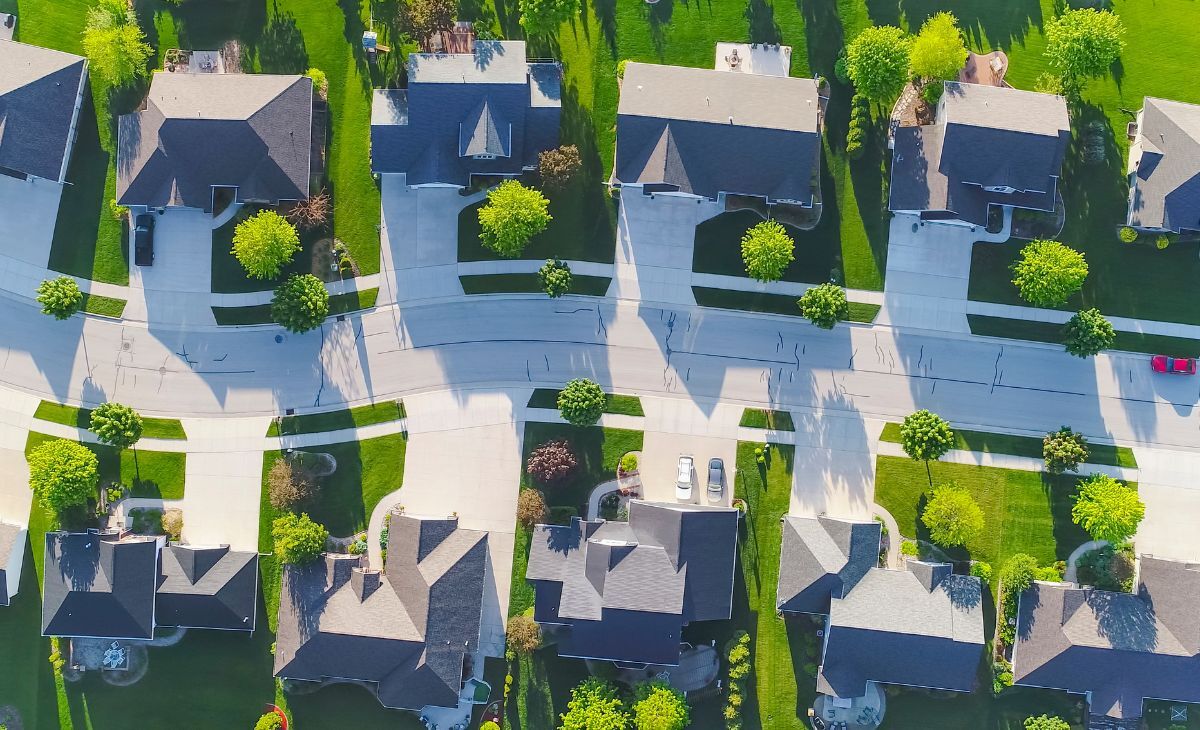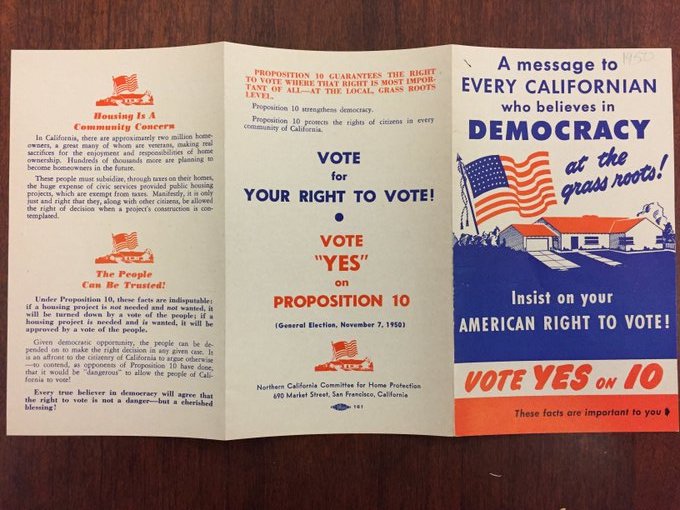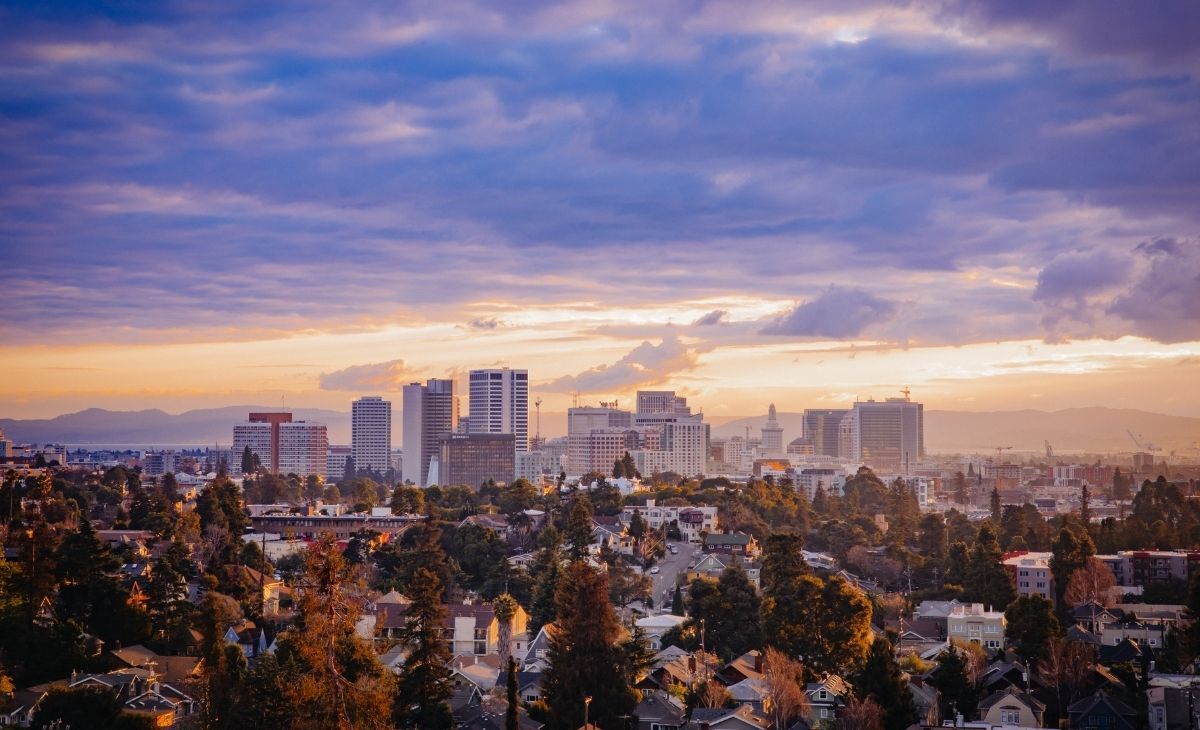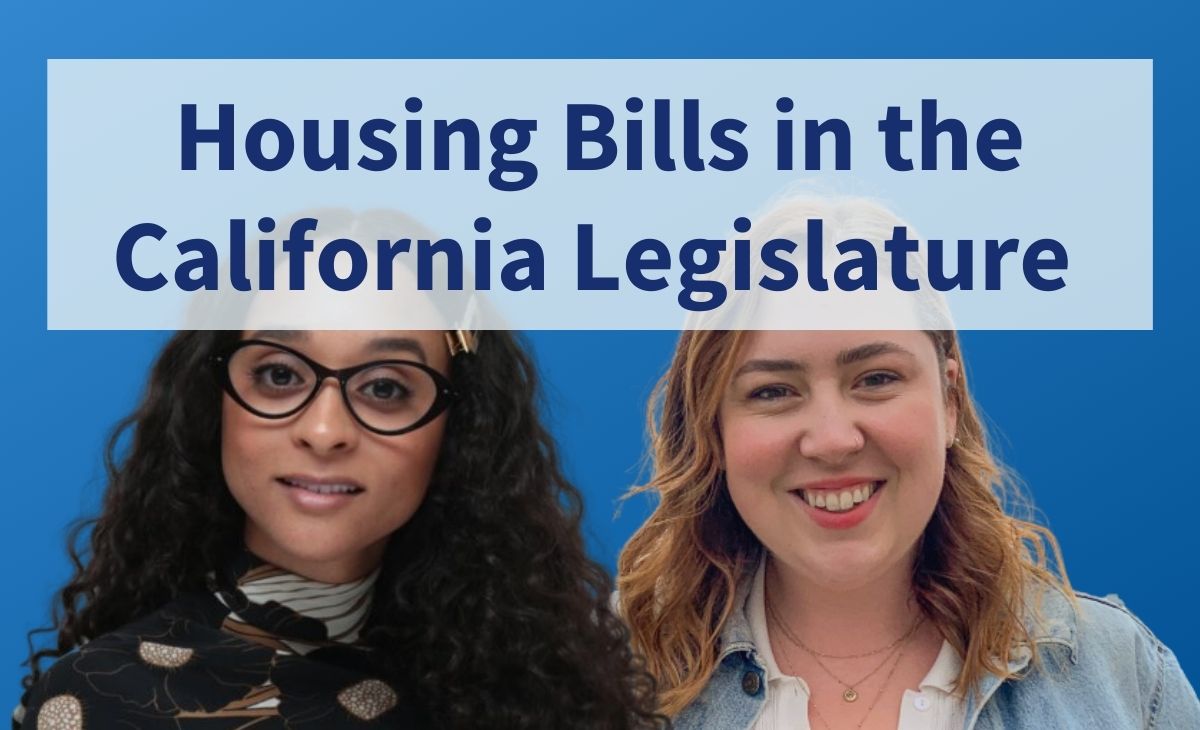Tech’s impact on the Bay: German’s story
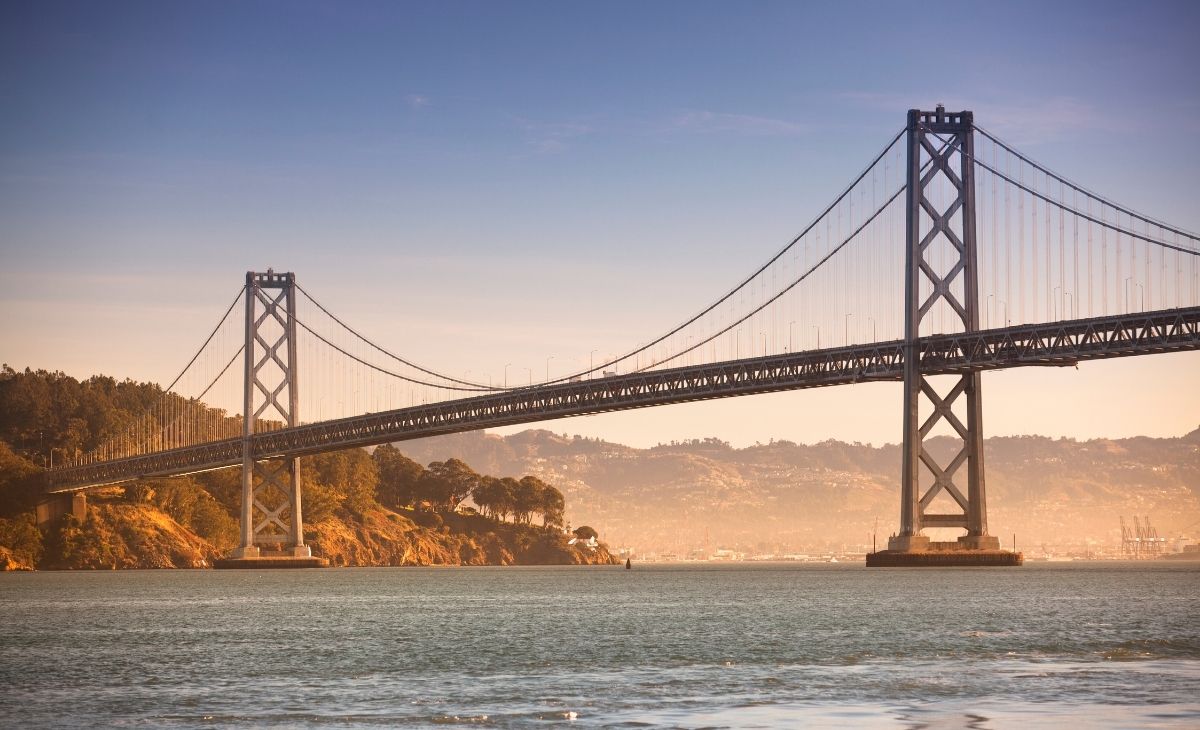
My story
Hey there! My name is German Calderon, the Community Manager at TechEquity Collaborative and a lifelong Bay Area resident. I wanted to share a bit about what it’s been like growing up in the Bay, the impact tech has had on my childhood, and how we can build a better future together. I’m glad you’re here with me.
We all have heard about the wonders of Silicon Valley and the Bay Area. This region has fostered some of the world’s most innovative people, groundbreaking products, and glamorous lifestyles. The staggering wealth that tech has generated has brought opportunity and prosperity for many in the industry. However, if you cross the bridge over to the East Bay, that was far from my reality.
Growing up, I bounced around between East Oakland and San Leandro, California. My environment was not filled with glamor and innovation, but with a hunger to survive the everyday institutions that were built to suppress growth in my community. It was as if we were left behind empty-handed and still expected to succeed. Before immigrating from Mexico, my parents were sold on the false promises of achieving the “American Dream”. Today, that dream is and will continue to be just a dream for many families like mine.
To be perfectly honest, as I got older I did not like tech workers and the changes I was seeing in my community. Like many people in my shoes, I did not feel and still do not feel comfortable navigating gentrified spaces. I found myself having to worry about the way I dressed or the way I spoke because of the changes I was seeing around me. The way I saw it, there are two worlds here: one for the people with vast amounts of tech money and one for people that have been forgotten. I was walking down the middle.
If you, like me, grew up with resentment towards tech, I get it; it’s very understandable, but it’s not enough. In order for us to begin addressing our most pressing issues, we have to work together. Whether you’re a service worker, a software engineer, a parent, or a customer service rep, we all can—and should—step up to the plate. I’ve been with TechEquity for almost 4 years now, and have had the pleasure of working side by side with amazing tech workers who are constantly asking, how can I help? So, you should ask yourself the same thing.
How did our affordability crisis get here?
A huge turning point for me was realizing that while tech has exacerbated inequality in the Bay and beyond, tech didn’t start it. The seeds for these economic injustices were planted long before the tech industry boomed, back when Silicon Valley was still farmland. I realized that we need to examine the decades of bad policies in order to build the right policies to reverse it.
Many of us have heard about redlining. While this racist policy was implemented in the 1930s, the repercussions are still felt today especially in communities of color—in the Bay Area, in California, and across the country.
I didn’t learn about redlining until high school. Even then, it was just a chapter in some textbook, but what I failed to realize was how prevalent it was around me. I thought it was normal that my elementary school, Monarch Academy, was right next to a liquor store. I thought it was normal that we had to drive to another city to get groceries. I thought it was normal that I had to apply for free lunch at school every year. I thought it was normal to struggle.
Don’t get me wrong, I had a roof over my head and great, loving parents who managed to raise five kids. However, many families in redlined neighborhoods don’t have that safety net. Historically redlined neighborhoods have been left behind because of a systemic lack of investments into the community. Families and businesses alike fail. Homes are falling apart. The streets are policed more aggressively. There are liquor stores and fast food on every corner but no grocery stores. There are no job opportunities nearby. Schools are underfunded and feeding the school-to-prison pipeline. Neighborhoods that have been historically redlined are the very same neighborhoods that are at risk of gentrification today.
This lack of investment paired with low wages and a housing crisis has created a regional crisis that has hindered growth and opportunity for all, especially for communities of color.
What can you do?
My vision of the future is one where everyone has healthy and stable lives, with well-paying jobs and a roof over their heads, and can get the help they need to reach that level of security and dignity. We can do more than just wish for that future. We have the power to address structural inequities, to shape the tech industry so its prosperity can be shared more widely. Tech isn’t just here in the Bay Area, it’s everywhere. It’s up to us to ensure that its rippling impact closes gaps, not widens them.
If you’re a tech worker and you want to make a difference, you’re not alone. Many tech workers message me saying they don’t know where to start or how to get involved. Well, that’s a great first step! Having that conversation with myself or other organizers is a great way to get you started. A lot of tech workers carry privilege, money, technical skills, and influence that, if paired with the right action, can tip the scales towards lasting equity.
Whether you’d like to voice a statement of support during a committee hearing, sign a petition, or work on a civic tech project, there is an opportunity for you to get involved. As I said earlier, it’s going to take all of us to address our affordability crisis. If you made it this far, I encourage you to reach out to us and we’ll point you in the right direction! Fill out the form below to schedule your first community conversation with me.
Sign up for a Community Conversation
Want to get involved but don’t know where to start? Sign up for a community conversation with one of our organizers to begin your advocacy journey.
"*" indicates required fields

